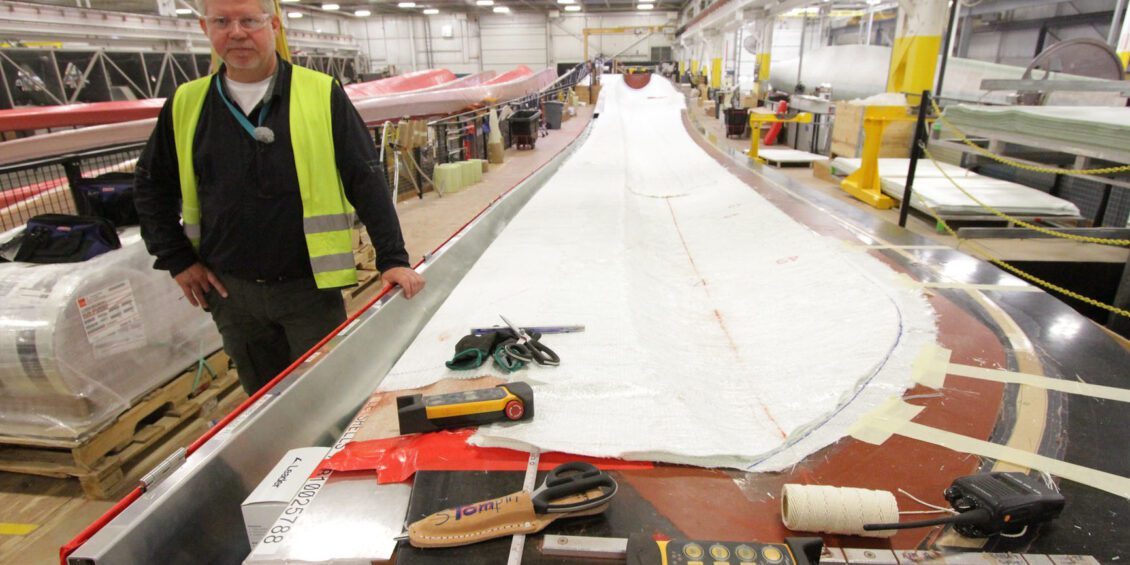
Last month saw the publication of the latest IPCC report. The message coming from scientists is clear: We need to dramatically reduce carbon emissions to prevent climate breakdown, and action needs to be taken now.
We know that the Tories can’t be trusted to do what’s needed. During their thirteen years in government, they have failed to meaningfully advance climate objectives. Hence, organisations like the non-partisan Committee on Climate Change are increasingly outspoken in their criticism of the government, who they accuse of being “asleep at the wheel”.
There is an alternative to Tory climate chaos. Labour is putting climate action at the centre of its policy offer as it gears up for the next General Election. Other progressive parties have embraced the climate cause too.
But here is the thing. Even if the Tories lose the next election, we can’t really on an incoming centre-left Government to achieve lasting change to climate policy.
New good jobs in the climate transition
Our first-past-the-post system gives the Tories a natural electoral advantage. In other words, it amplifies the risk that any good work done by a climate-conscious government could be undone come future General Elections. To increase the chance of electing parties who will implement lasting climate action, and create new jobs in the climate transition, we need an electoral system based on proportional representation.
There are other environmental reasons to support PR. Studies show that political systems using PR tend to deliver stronger environmental policy than those with less proportional systems. Research by political scientist Lijphart found that countries with proportional representation scored considerably higher on environmental performances, including biodiversity and in reducing carbon emissions. Other studies have identified similar results).
Working people are ahead of the politicians
This should not be a surprise. By its nature, proportional representation is more likely to produce political representatives who are in tune with public opinion. Studies have shown that the public is ahead of politicians in understanding the need for climate action. An electoral system which means that everyone’s concerns are taken into consideration – rather than being dominated by the concerns of those in a few marginal seats – would lend itself to more ambitious climate politics.
Changing our electoral system is not a panacea. To get on the road to net zero, we need a series of changes – from curtailing the lobbying power of fossil fuel interests to delivering more green jobs. proportional representation is one part of a larger jigsaw of assembling a green future. But it is an important piece in that jigsaw and could play a vital role.
The world is running out of time. But the window of opportunity is still here. Let’s seize that opportunity and reform our electoral system to help deliver the green future we need. The time for PR is now.